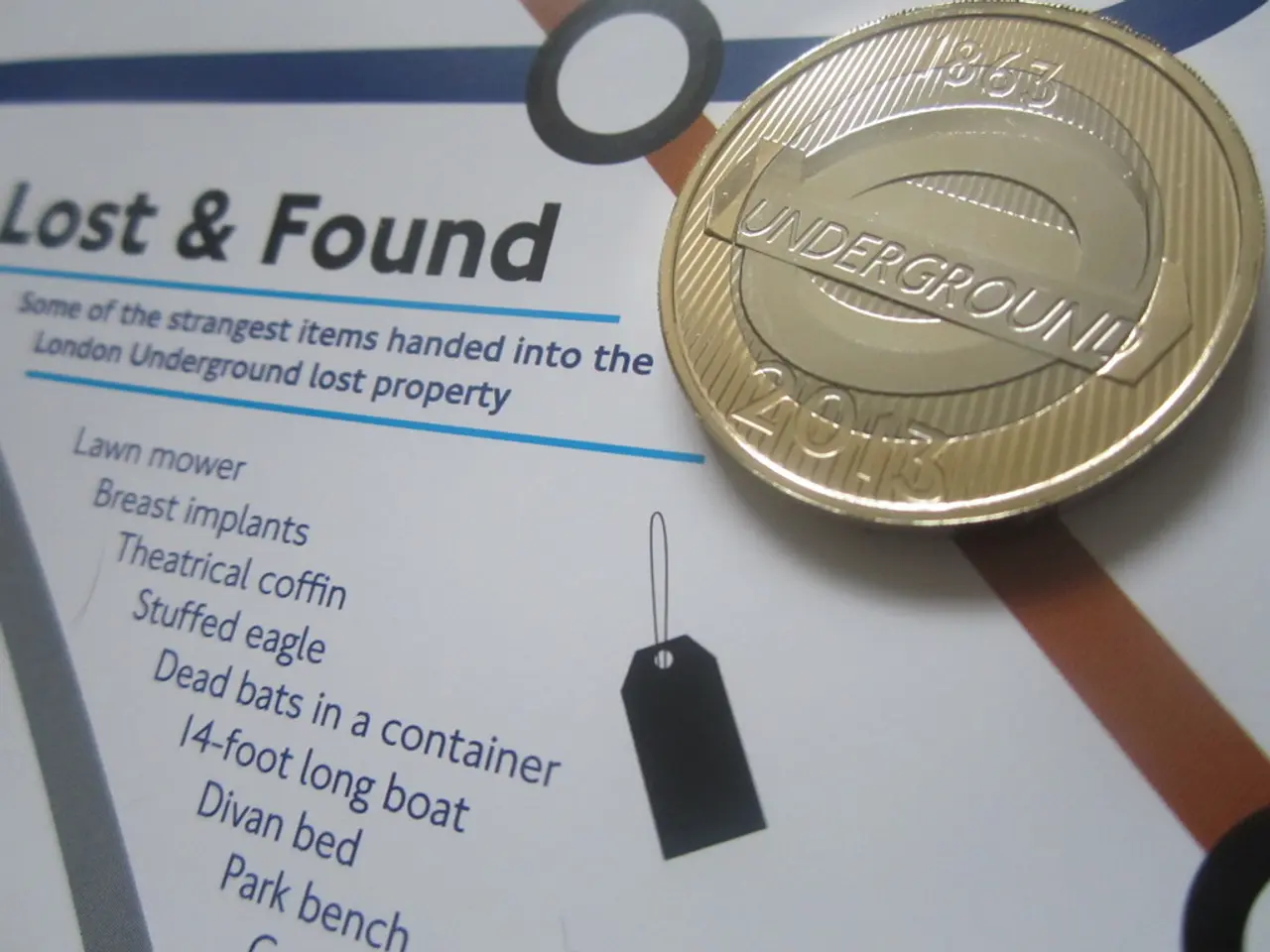UK Authorities Confiscate Cryptocurrency Automated Teller Machines in Money Laundering Investigation
In a joint operation with the Financial Conduct Authority (FCA), the Metropolitan Police Service in London has taken a firm stance against the use of unregistered cryptocurrency Automated Teller Machines (ATMs) in the UK. The operation, announced on July 17, resulted in the seizure of seven crypto ATMs in southwest London and the arrest of two individuals on suspicion of money laundering and operating an illegal crypto exchange.
The UK's stance on crypto ATMs is clear: they must be registered with the FCA to operate legally. This is due to the significant risks associated with these machines, including money laundering, terrorism financing, and other financial crimes. The relative anonymity and ease of converting cash into cryptocurrency without proper customer verification make crypto ATMs a fertile ground for criminal exploitation.
Operating a cryptoasset exchange or a crypto ATM without FCA registration is a criminal offence, as it bypasses crucial anti-money laundering (AML) and counter-terrorism financing (CTF) regulations. The FCA's framework aims to enforce these regulations to protect consumers and maintain the integrity of the financial system.
The recent enforcement actions in London underscore the UK authorities' commitment to combating illegal financial crimes via crypto ATMs. However, the FTC has warned that most frauds involving bitcoin ATMs go unreported, and the $114 million figure likely represents only a fraction of the actual losses.
This regulatory approach means that currently, there are no legally operated crypto ATMs in the UK. The government's priority is to prevent the abuse of such platforms in financial crimes.
In a related development, the government of New Zealand has proposed a ban on crypto ATMs to make it harder for criminals to convert cash to high-risk assets like cryptocurrencies. The proposed ban has the support of New Zealand's associate justice minister, Nicole McKee.
The FCA will continue to partner with law enforcement agencies to fight financial crime and protect consumers. As the use of cryptocurrencies continues to grow, it is essential that regulatory bodies remain vigilant and proactive in addressing the growing threat of cryptocurrency misuse.
| Aspect | Status in the UK | Reason/Concern | |----------------------------|---------------------------------------------------|---------------------------------------------------| | Legality of Crypto ATMs | Illegal unless registered with FCA | Illegal without FCA registration | | Regulatory Requirement | Mandatory FCA registration | To ensure AML and CTF compliance | | Crime Concerns | High risk of money laundering and terrorism financing | Anonymity and ease of misuse by criminals | | Enforcement Actions | Seizures and arrests recently conducted | Combating illegal financial crimes via crypto ATMs|
[1] Financial Conduct Authority (FCA) regulations on cryptoasset exchanges and ATMs. [2] FCA and Metropolitan Police Service joint operation against illegal crypto ATMs. [3] Seven crypto ATMs seized in southwest London, two individuals arrested. [4] FCA's commitment to addressing the growing threat of cryptocurrency misuse. [5] The Met's Cryptocurrency Team's role in the operation.
- The UK's stand on crypto Automated Teller Machines (ATMs) is unmistakable; they must be registered with the Financial Conduct Authority (FCA) to operate legally, as these machines pose significant risks, such as money laundering and terrorism financing.
- Unregistered cryptocurrency ATMs are subject to seizure by the authorities, as seen in a recent joint operation by the FCA and the Metropolitan Police Service in London, which resulted in the arrest of two individuals and the seizure of seven crypto ATMs in southwest London.
- The FCA's framework for cryptoasset exchanges and ATMs aims to enforce anti-money laundering (AML) and counter-terrorism financing (CTF) regulations, thus protecting consumers and maintaining the integrity of the financial system.
- Despite the recent enforcement actions, the Financial Trade Commission (FTC) has cautioned that most frauds involving bitcoin ATMs remain unreported, suggesting that the reported $114 million in losses may only represent a small fraction of the actual losses.
- As the use of cryptocurrencies expands worldwide, regulatory bodies like the FCA will continue to collaborate with law enforcement agencies to combat financial crimes, enforce regulations, and safeguard the general public.




